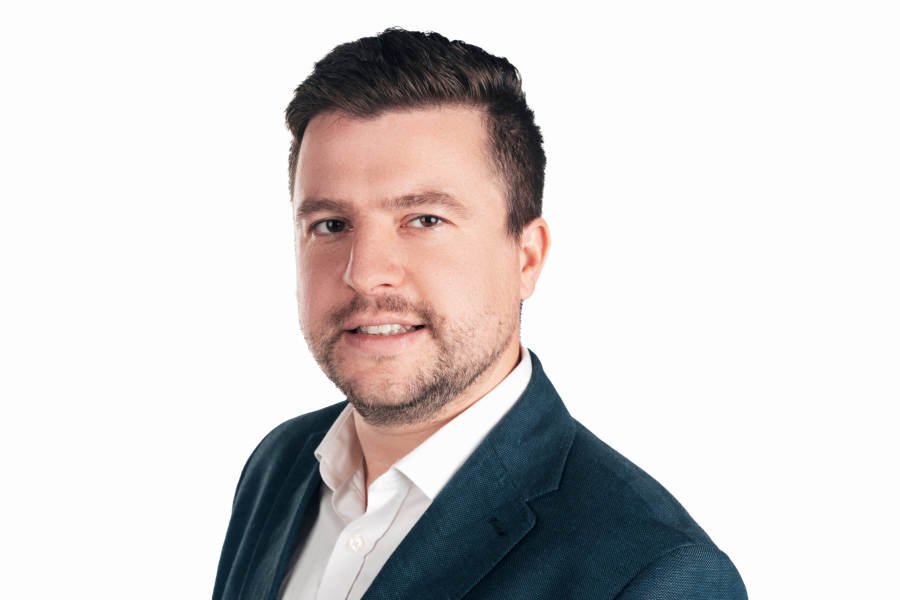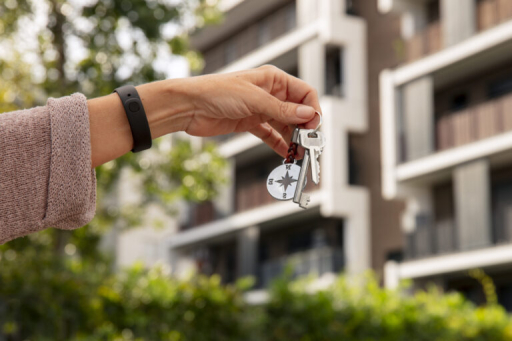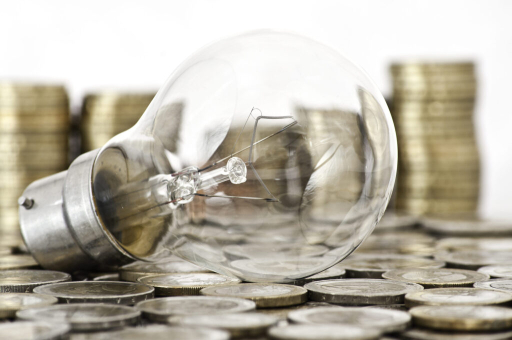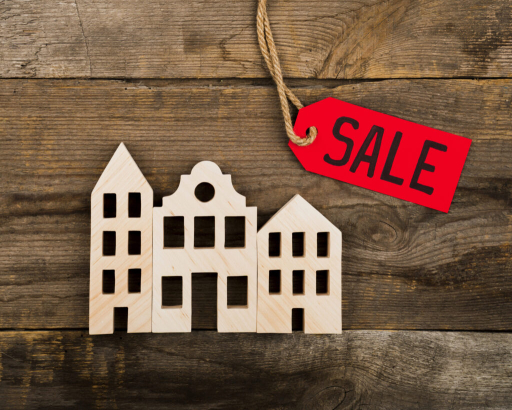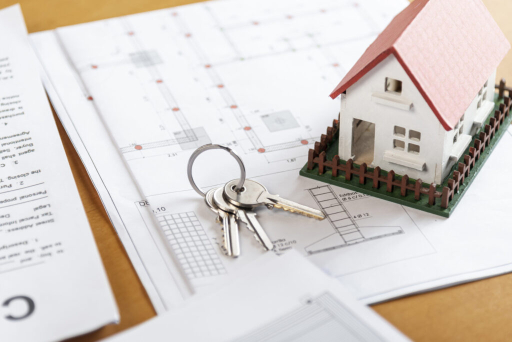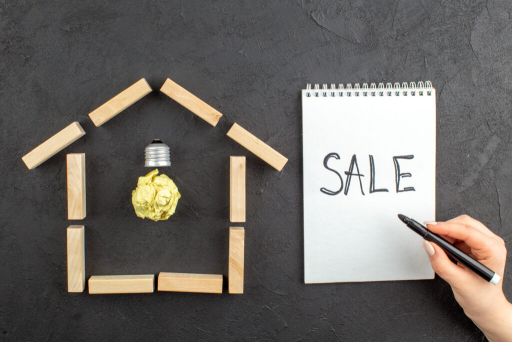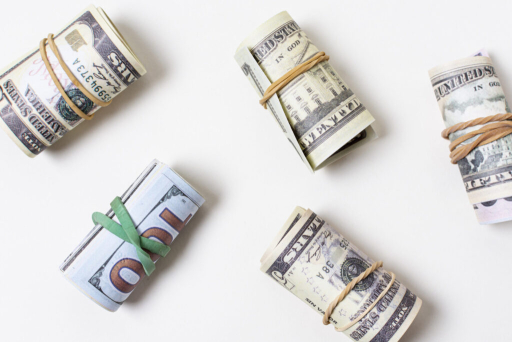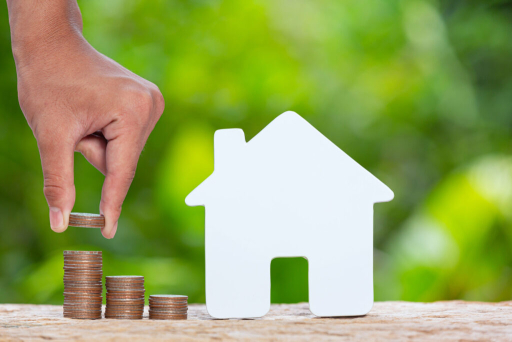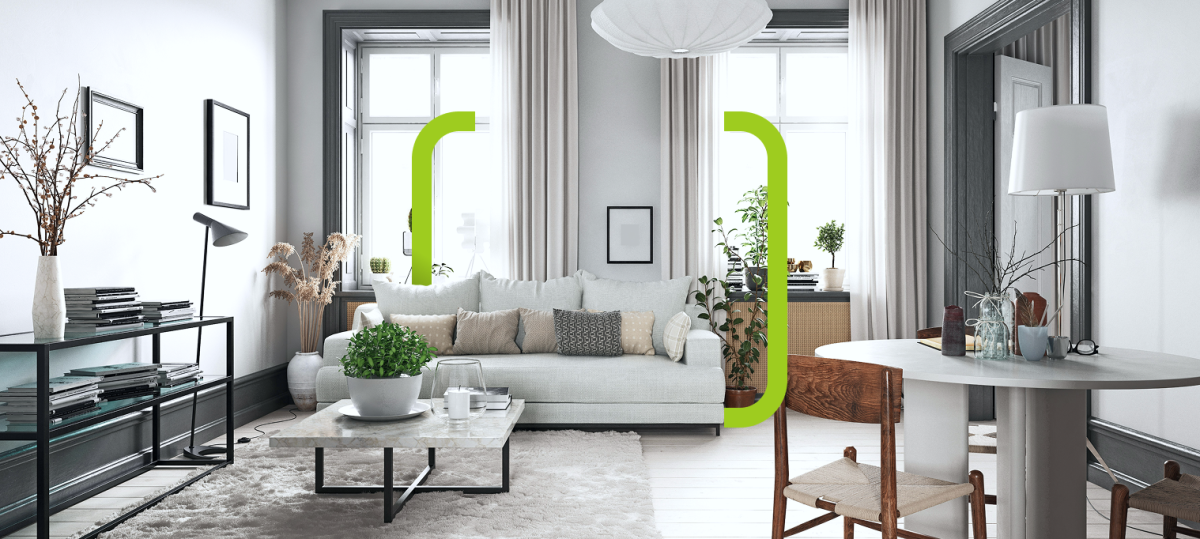
Blog: finance and real estate made simple
Articles and insights to help you navigate and grow
Why Buying a Property in Cash Doesn’t Make Sense
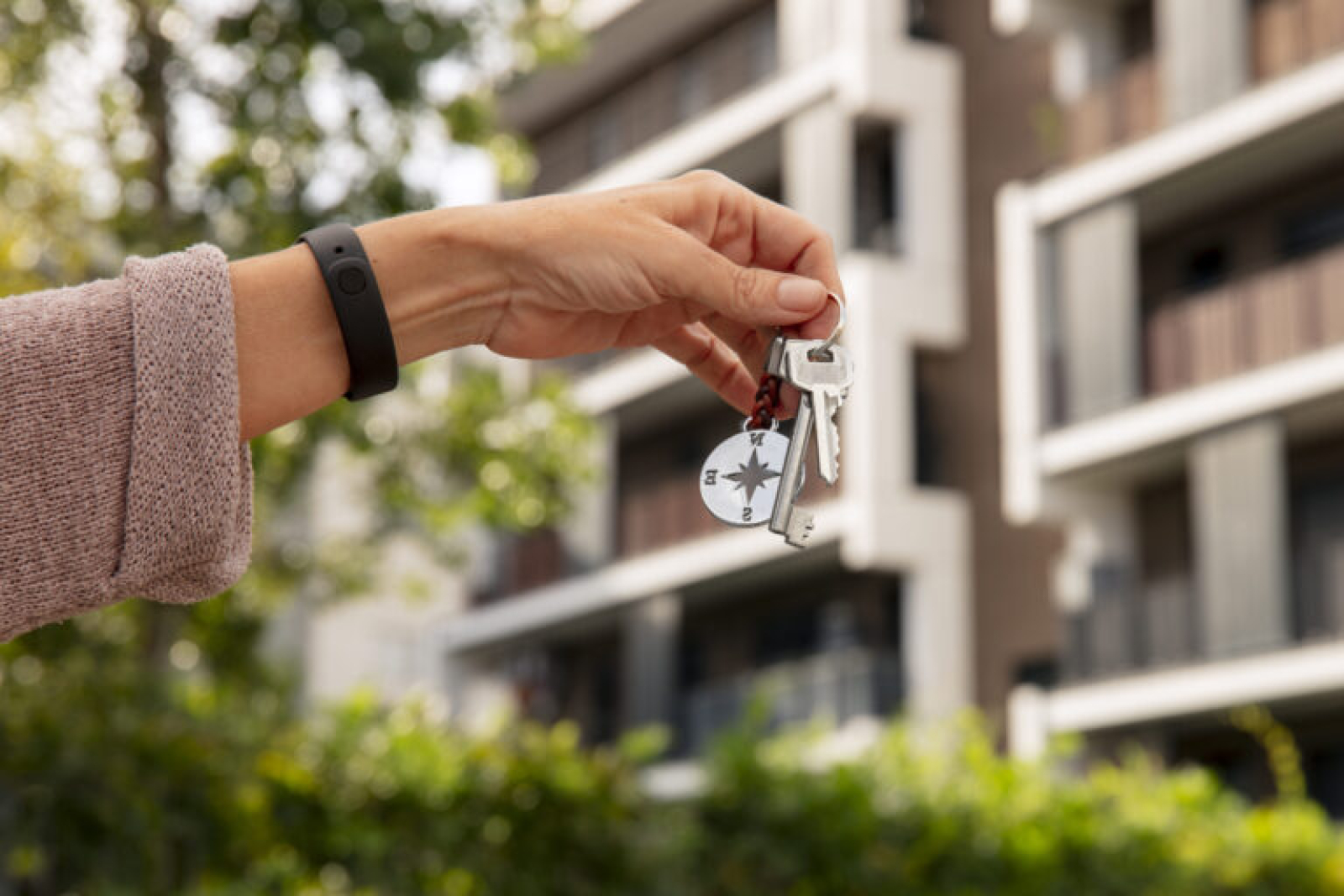
Buying a property is one of the biggest financial investments a person makes in their lifetime. Many people believe that paying for a property in cash is the best solution – you avoid interest, you don’t repay banks, and you own the house or apartment immediately. In reality, however, buying a property in cash can be financially disadvantageous and, in some cases, outright illogical. Here are the main reasons why.
1. Low Mortgage Interest Rates
When mortgage interest rates are low, it means that money borrowed from the bank is relatively cheap. Instead of paying the full amount for the property at once, you can take a low-interest mortgage and invest your own funds into other assets with a higher return, such as stocks, funds, or other investments.
2. Better Use of Capital
Imagine you have €200,000 to buy an apartment. If you pay the full amount in cash, all your money will be tied up in the property, leaving you with no liquid reserves. On the other hand, if you take a mortgage for 80% of the property value, you’ll have €160,000 left to invest, potentially achieving a higher return than the mortgage interest rate.
3. Protection Against Inflation
Inflation erodes the value of money over time. If you take a mortgage with a fixed interest rate, you gradually repay it with “cheaper” money. Your repayments remain the same, but the value of money decreases. Conversely, if you pay the full amount in cash, your money loses value immediately, as it cannot be invested elsewhere.
4. Tax Benefits of a Mortgage
You can deduct up to €6,000 annually in paid interest from your taxable income. This savings can effectively reduce your interest rate even further. If you reinvest the tax refund, the effect is even greater.
5. Liquidity and Financial Flexibility
Having all your money tied up in a property means you have no free funds for emergencies. If unexpected expenses arise, such as roof repairs or medical costs, you’ll need to find other financing. Keeping a cash reserve gives you more flexibility.
6. Opportunity to Invest in Multiple Properties
Instead of one property for €200,000, you could buy two properties worth the same amount using mortgages. This way, you could generate higher rental income and diversify your investments.
“An Investment Apartment Is Already Expensive Today…”
This sentence has been true in every era. For example, in 1995, the average Prague panel apartment (2+1, 50 m²) cost €26,000. Thirty years later (in 2025), this apartment could sell for around €300,000. Even without counting rental income, that’s an approximate yield of 8.5% p.a., or a cumulative 1,154%.
If we take a more conservative view and assume that the average inflation rate over the last 30 years (about 3.91%) remains the same for the next 30 years, the value of today’s apartment in 2055 would be around €948,000.
Cash Scenario
If I have cash and want to buy a property today for €300,000, and I count on at least matching the average inflation yield of 3.91%, after 30 years its value would be €1,092,000. If we also include the average monthly rent for a 2+1 apartment in 2024 of €890, I gain an additional €890 monthly. With rent indexation, this would bring in another €608,000 over 30 years.
Total profit: (€1,092,000 + €608,000) – €300,000 = €1,400,000.
Leverage Scenario
If I bought the same apartment with an 80% LTV mortgage (€240,000 over 30 years), my monthly repayment at current rates would be around €1,200. Subtracting rent of €890, I’d pay an additional €310 monthly. With rent indexation, I would collect €608,000 over 30 years, while mortgage repayments would total €440,000, meaning a net gain of €168,000.
Total profit: (€1,092,000 + €168,000) – €60,000 = €1,200,000.
If I repeated the same strategy four times, I would gain another €4,800,000, making a total of €6,000,000.
It’s important to note that this calculation is illustrative and doesn’t account for all factors and risks. Its purpose is to highlight the exceptional potential of leverage and why wealthy and successful people also borrow money – even when they don’t have to.
At Stone & Belter, we understand that loans can be a useful tool in achieving financial plan goals or when there aren’t enough own funds available. The key is to distinguish between good and bad debt. Good debts, such as mortgages, allow you to use inexpensive borrowed funds while investing your own capital more profitably.
Note: All amounts in Czech crowns have been converted to euros at a fixed rate of 25 CZK = 1 EUR.
Stone & belter blog
Similar articles
Category
